On April 16, Israel Defense Forces (IDF) Chief of Staff Herzi Halevi said that the IDF has decided how to counterattack Iran and its proxy forces, but has not yet finalized the timing of the action.
 |
| IDF Chief of Staff Herzi Halevi (center) during a meeting with IDF officials. (Source: The Guardian) |
The Guardian reported that Mr. Halevi made this statement during a visit to the Arrow air defense battery of Battalion 136.
Lt. Gen. Halevi explained that Israel is making it possible for its people to enjoy the full week of Passover after Ramadan. Preparations for the response plan are extremely complex and will require many adjustments, so the timing cannot be set yet.
So far, analysts have made many predictions about Israel's retaliation options against Iran, ranging from attacking nuclear facilities to ballistic missile bases or drones directly involved in Iran's attack.
A more limited option has also been proposed, including assassinating specific individuals or sanctioning Iranian Islamic Revolutionary Guard Corps (IRGC) officials abroad; or combining these options with a major cyberattack.
On the same day, Israeli Foreign Minister Yisrael Katz praised the results of the previous meeting of foreign ministers of European Union (EU) member states, saying there was a "positive trend" in applying sanctions against Iran's missile manufacturing project and its proxy forces in the Middle East.
The Israeli foreign minister added that a mechanism to achieve progress on designating the IRGC as a terrorist organization will be set up by the EU Foreign Affairs Council next week in Luxembourg. Mr. Katz called the development “an unprecedented achievement” for Israel in its relations with the EU.
Earlier, EU foreign ministers discussed online Iran's attack on Israeli territory on April 13.
The EU has agreed to impose new sanctions on Iran, focusing on its missile and drone technology, according to EU foreign policy chief Josep Borrell.
Similarly, AFP reported on the same day that the US announced it would also impose new sanctions on Iran's missile and drone programs.
“These new sanctions and others will continue to apply steady pressure to deter and degrade Iran’s military capabilities and effectiveness and confront the full range of its problematic behavior,” US National Security Adviser Jake Sullivan said.
Source




![[Photo] Magical moment of double five-colored clouds on Ba Den mountain on the day of the Buddha's relic procession](https://vphoto.vietnam.vn/thumb/1200x675/vietnam/resource/IMAGE/2025/5/9/7a710556965c413397f9e38ac9708d2f)









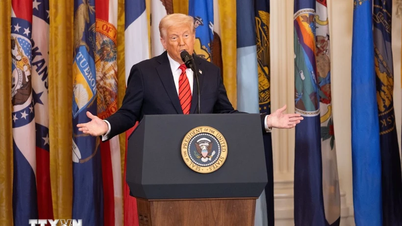

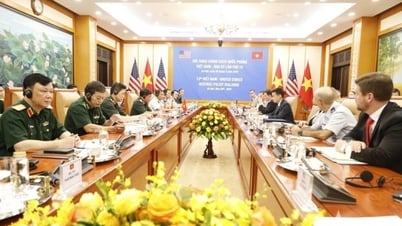



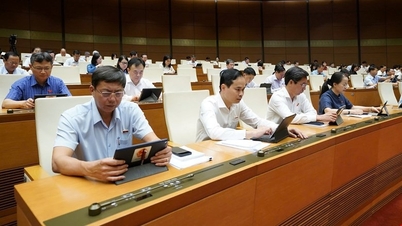








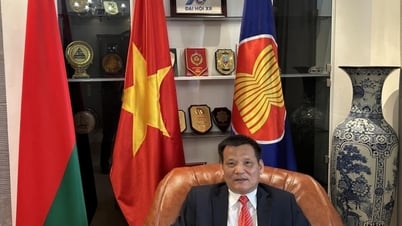


![[Photo] General Secretary To Lam begins official visit to Russia and attends the 80th Anniversary of Victory over Fascism](https://vphoto.vietnam.vn/thumb/1200x675/vietnam/resource/IMAGE/2025/5/8/5d2566d7f67d4a1e9b88bc677831ec9d)

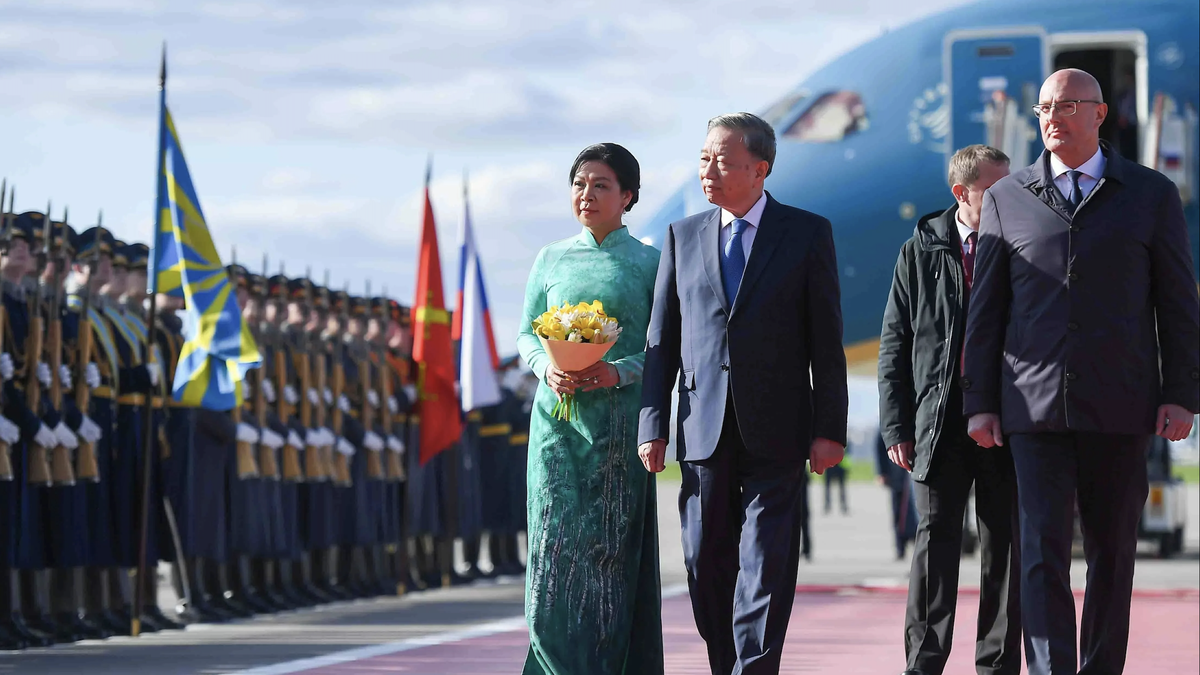



































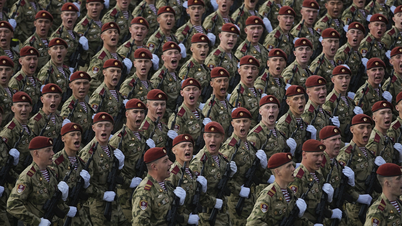






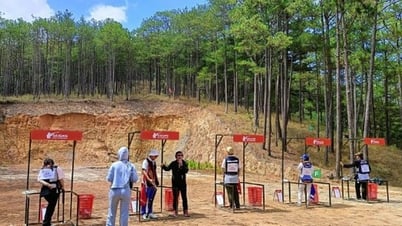























Comment (0)